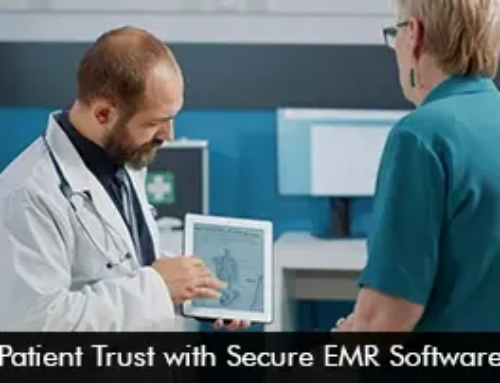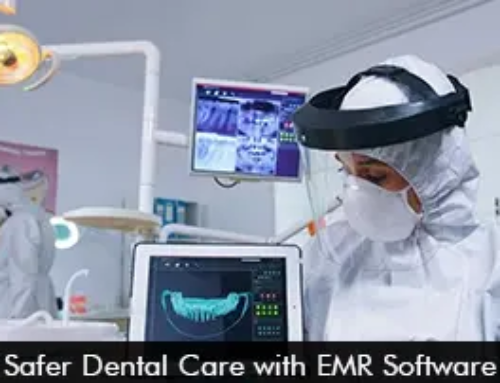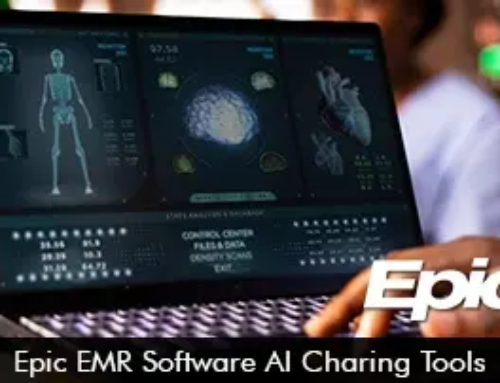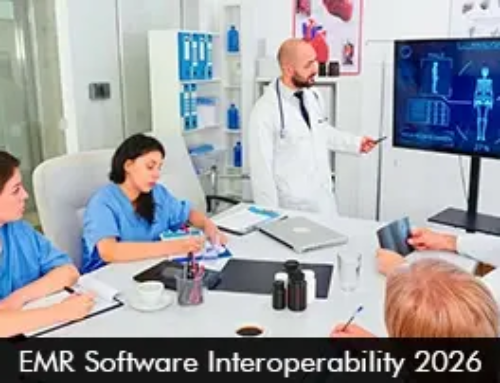Post-acute care includes long-term hospitals, rehab facilities/centers, home health agencies, and skilled nursing facilities. Post-acute care is when patients receive care and close monitoring after an illness, surgery, or injury.
The use of EMR Software in Post-acute settings
To facilitate effective connected care caregivers in the post-acute setting have leveraged the robust technology of electronic health records software. There are post-acute software solutions that are designed to meet the unique needs of post-acute care. The single, integrated Electronic Medical Records (EMR) Software offers the clinical, administrative, and financial tools to manage the needs of patients to deliver personalized care.
Features Present in a Post-acute EHR Software
A post-acute care EMR software typically includes several features designed to meet the specific needs of healthcare providers in this setting. Here are some common features you can find in post-acute care software:
- Electronic patient charts
- Management of care plans
- Medication management
- Integration with pharmacies
- Care team coordination tools
- Tracking and reporting
- Web-based access for mobility
- Specific templates
- Revenue Cycle Management (RCM)
Importance of EMR Systems Technology in Post-acute Care
Here are some key reasons why Electronic Medical Records solutions are important in post-acute care:
Comprehensive Patient Information
EMRs serve as a consolidated digital repository for patient health data. Medical history, diagnoses, treatment plans, drugs, allergies, and test results are all included. Having all of this information readily available improves continuity of care. This allows healthcare providers to examine and update the patient’s records, ensuring accurate and up-to-date data is available to all caregivers.
Facilitates Care Coordination
Post-acute care involves multiple healthcare professionals such as nurses, therapists, and clinicians. Deploying EHR software enables the seamless exchange of patient data between caregivers, to support their decision-making process and improve patient care.
Medication Management
In healthcare, medication errors are a major concern, particularly during care transitions. By giving a current prescription list and highlighting any potential interactions or allergies, EMR technology facilitates correct medication reconciliation. This helps to enhance patient safety and improves health outcome levels.
Usage of Technology in Healthcare
Post-acute care services can be enhanced by utilizing technology solutions. By leveraging the benefits of EMR Software, healthcare providers can deliver higher quality, safer, and more effective care to patients in post-acute settings.








